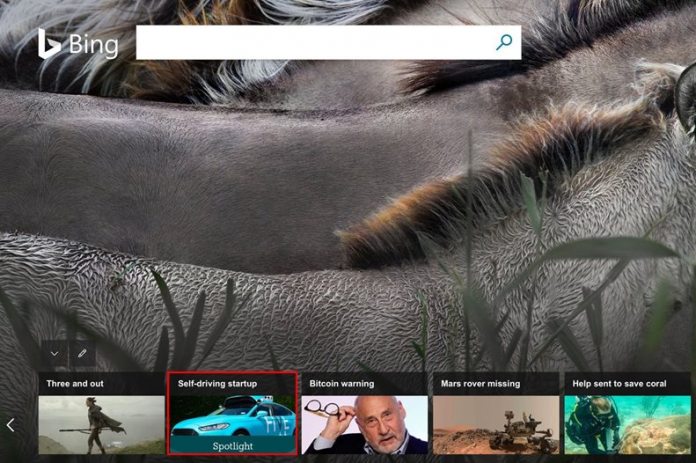The company has used Intent Lab’s Intent Scoring Algorithm to uncover new insights into its searchers, analyzing the “abstract thinking consumers employ early in the purchasing journey”. One example Microsoft gives is using the words and structures users use during their searches to determine information about their mindset. “The algorithm also revealed that when advertising copy matches the consumer mindset, consumers are more likely to click on the ad and be open to its content,” said Kelli Kemery, market research manager, Bing Ads. “When consumers use search terms like ‘how’ or ‘what’ — which are considered abstract — they are more likely to click on an ad written using similar abstract language.”
Informing Ads with Linguistics
Essentially, such research could let Microsoft target ads to the mindset of the user as well as their search terms. In this case, it’s inquisitiveness, but terms like ‘best’ and ‘top are also mentioned. The company is planning to present its findings in full in a webcast on December 6. It hopes to inform advertisers how search informs purchases in a more abstract sense, and how they can use the information to inform marketing. The webcast will also contain a live Q&A session, where the industry will be able to quiz experts directly about their findings. You can sign up for the Predict the CDJ with Linguistics below.




